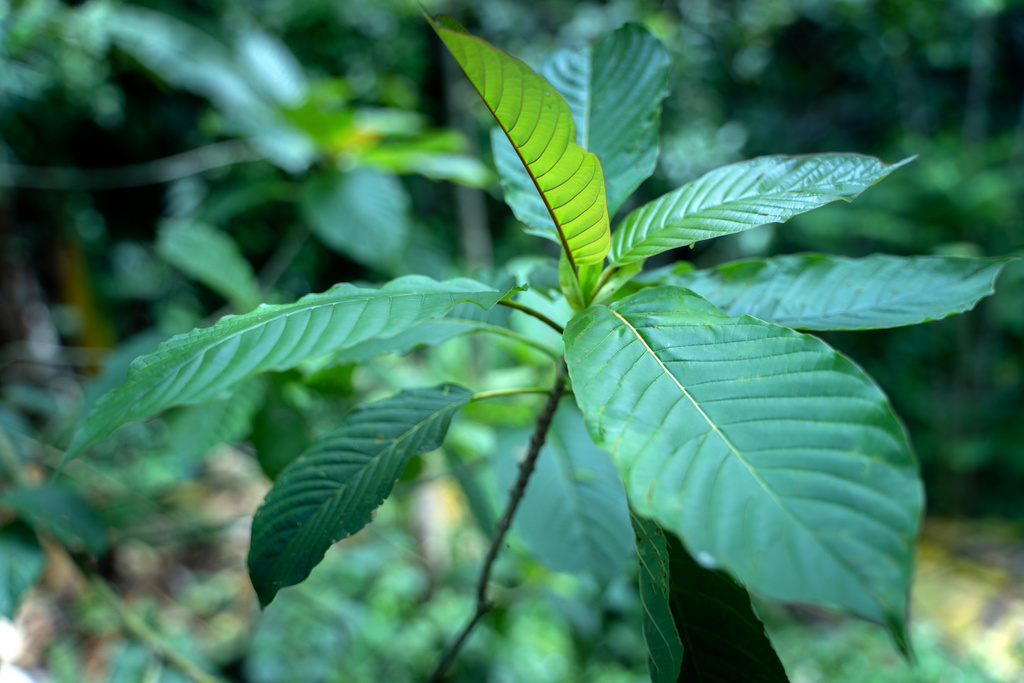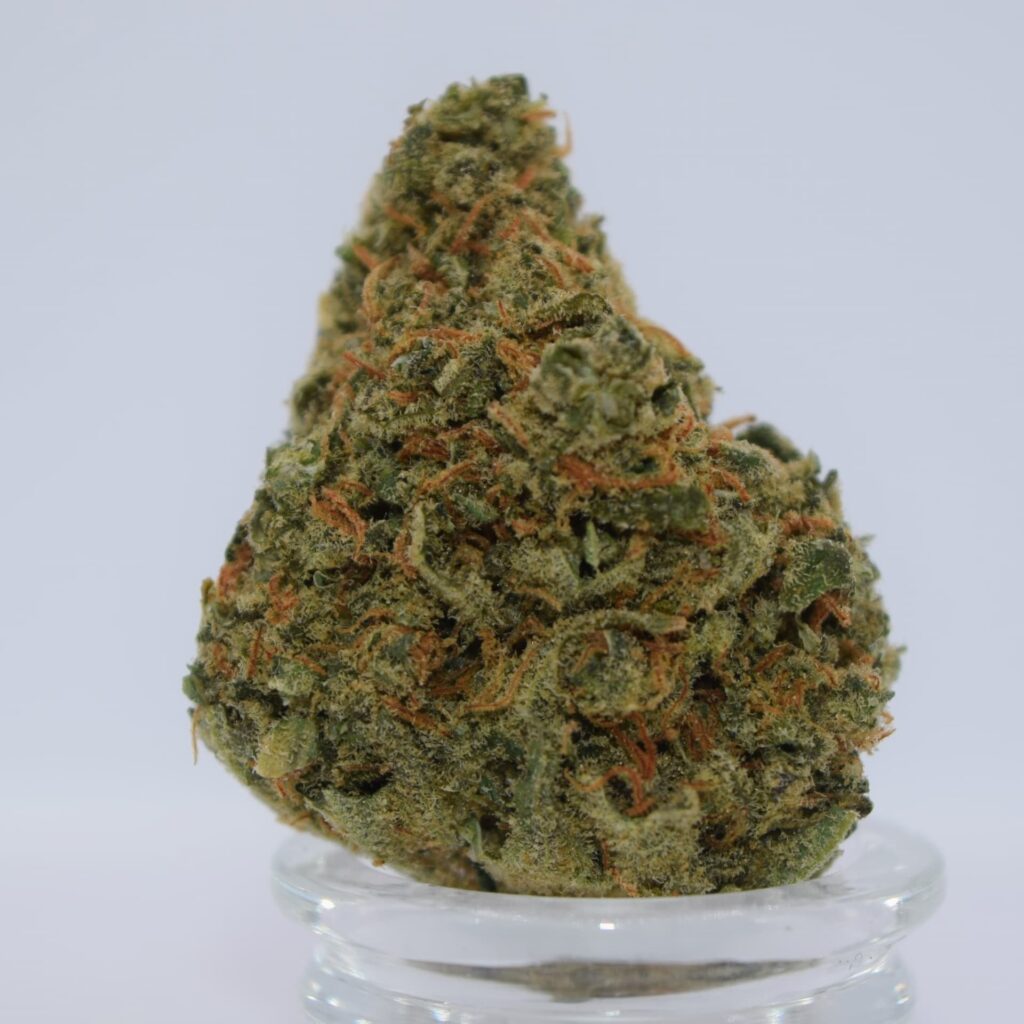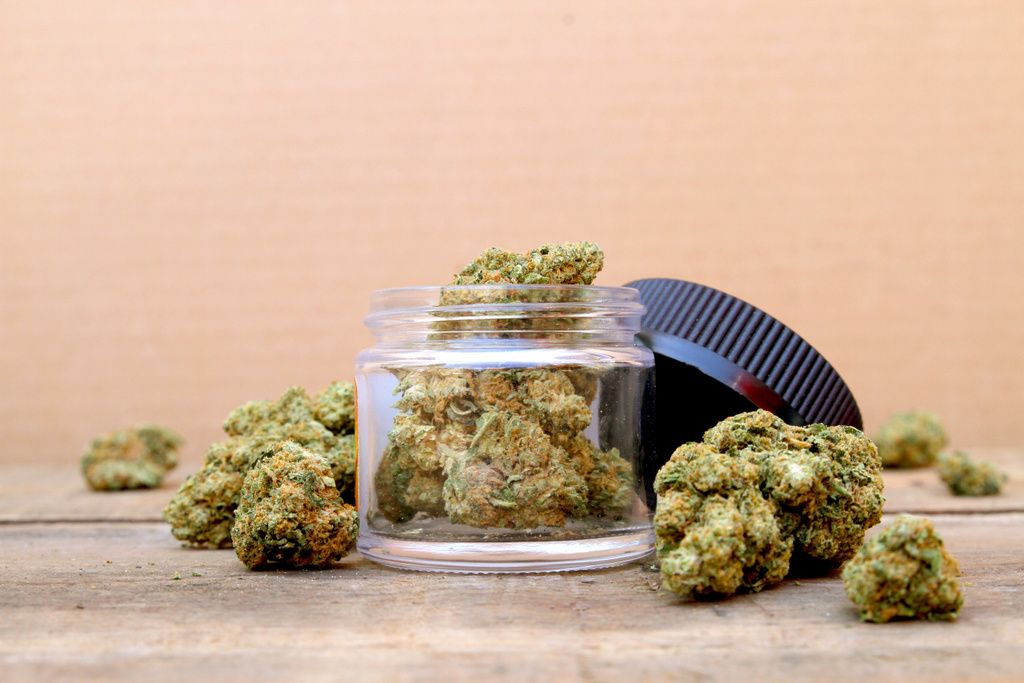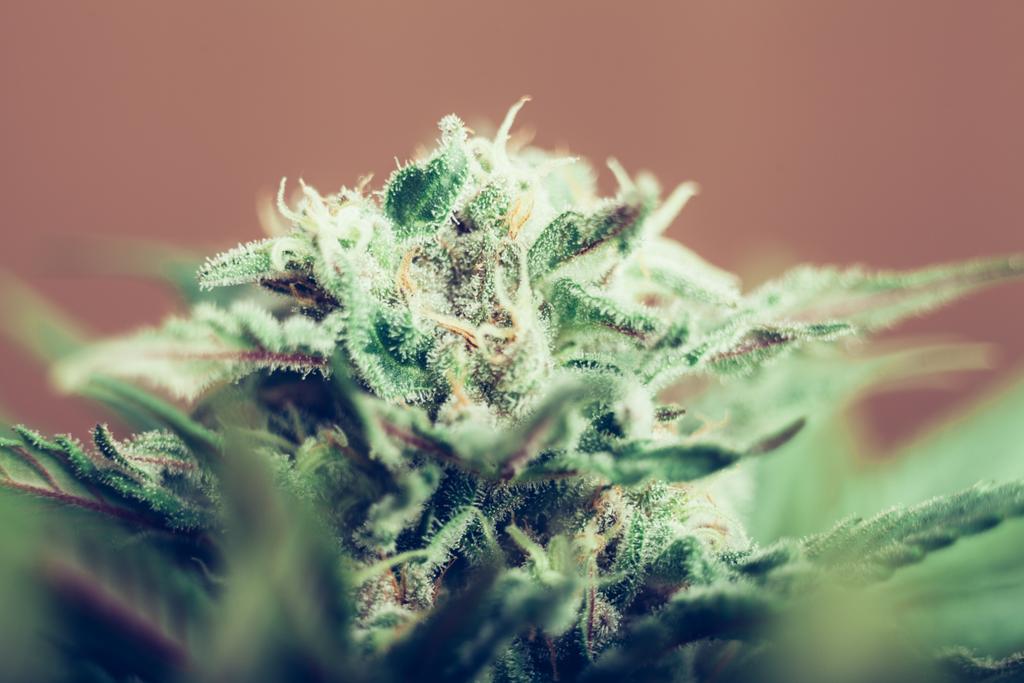The global psychedelic mushrooms market is projected to more than double over the next seven years, growing from an estimated $1.5 billion in 2024 to $3.3 billion by 2031.
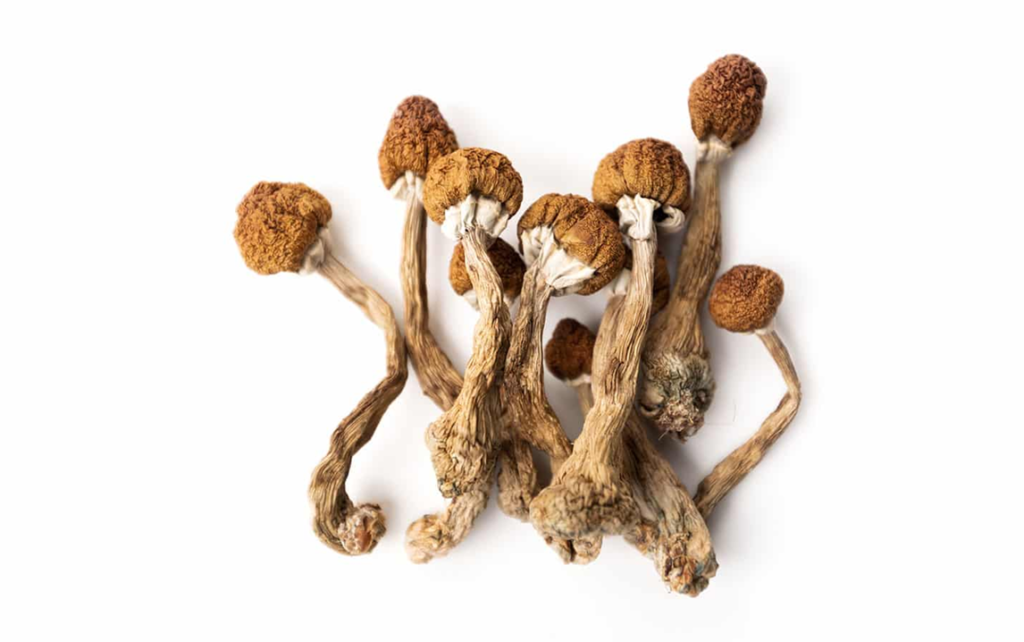
That’s according to a new report by Persistence Market Research, which forecasts a compound annual growth rate (CAGR) of 10.3% through 2031, up from a historical CAGR of 8.12% between 2019 and 2023.
This sharp rise is being driven by growing demand for psilocybin-based therapies to address mental health conditions such as anxiety, depression, PTSD and addiction. The report notes that clinical trials are producing encouraging results, while psilocybin’s connection to enhanced neurogenesis and cognitive function is gaining broader recognition in the medical field.
Continue reading

